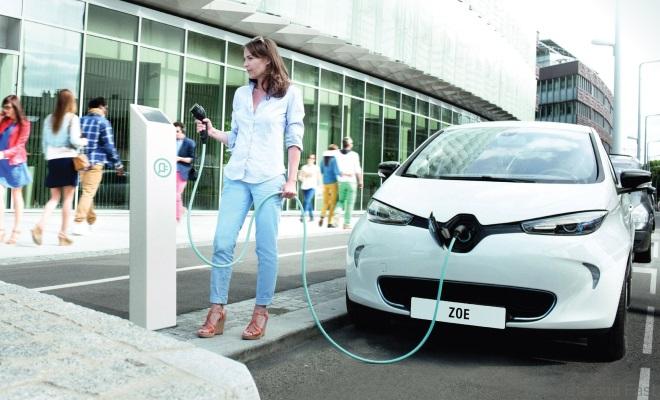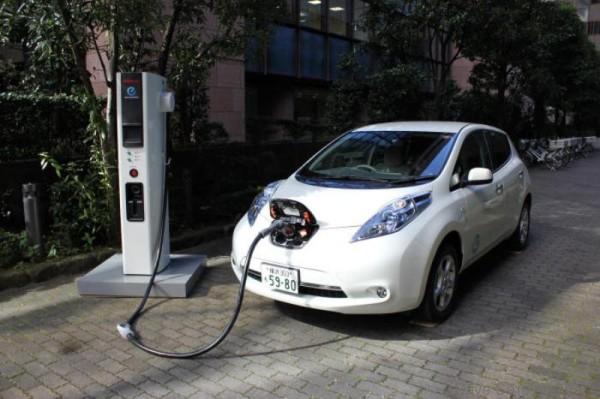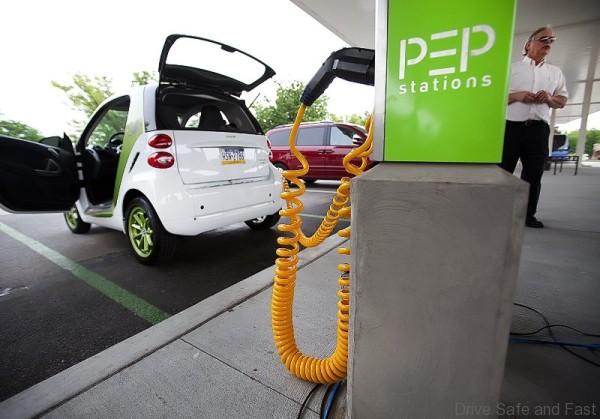Experts from Malaysia, Germany and the United Kingdom got together in Kuala Lumpur today to help shape Malaysia’s journey towards implementing greener, low-carbon modes of mobility. The Sustainable Mobility Conference on 25 November 2014 at a local hotel was jointly organized by the German Embassy Kuala Lumpur, the British High Commission Kuala Lumpur and the Malaysian-German Chamber of Commerce and Industry.
The conference aimed at bringing policies, guidelines and practices from both Germany and the UK closer to Malaysian stakeholders and decision-makers. The conference also served as a platform for experts and panellists to share their knowledge and experiences with the audience.
The opening Keynote Address by YB Senator Dato’ Sri Abdul Wahid bin Omar, Minister in the Prime Minister’s Department responsible for the Economic Planning Unit, was followed by a number of experts presentations, panel discussions and workshops and finally ending with a discussion on the future implications of Malaysia’s sustainable mobility agenda.
The conference coincides with the Malaysian Government’s new ‘National Automotive Policy’ (NAP) announced in January this year, which partly focuses on strengthening the energy-efficient vehicles industry. The Government has also announced the gradual removal of fuel and electricity tariff subsidies, thereby stressing the importance of sustainability. In addition, a vision to strengthen the public transportation system is being implemented in phases.
Malaysia’s aims of becoming a high-income nation by 2020 and at the same time reducing the carbon intensity of its economy by 40 percent must converge into developing a sustainable, affordable and efficient transportation system, within and between its major cities.
Germany and the UK have both developed innovative and far-reaching policies to support sustainable mobility. Energy efficient technical solutions from car manufacturers and suppliers, integrated transportation concepts and renewable energy solutions have made individual and public transport more efficient. At the same time, carbon emissions have been reduced substantially.
In order to achieve Malaysia’s goals, sustainability and industrial development can go hand in hand. Stakeholders ranging from policy makers to governing authorities, research and development bodies to industry players and consumers are required to work together to drive this long term goal.
Against this background this jointly organised one-day conference focussed on all forms of energy-efficient transport and sustainability solutions policies and best practice examples from Germany and the UK along with those from Malaysia were presented and innovative solutions to the common challenges were evaluated. The results shall contribute to the formulation of proposals that will support Malaysia’s vision of achieving a higher sustainability in the transportation sector.






